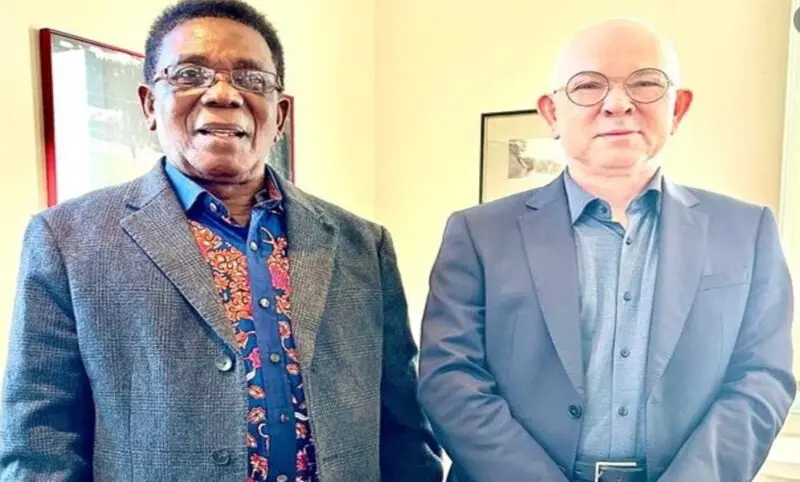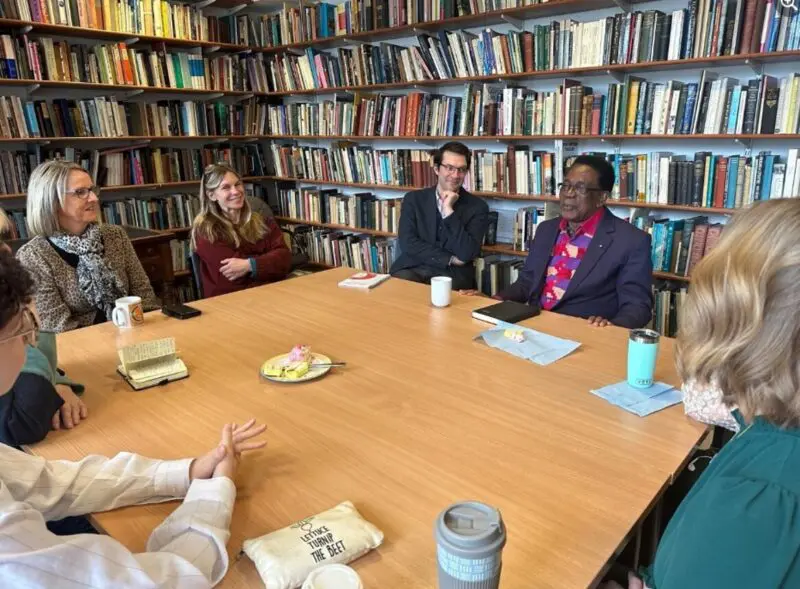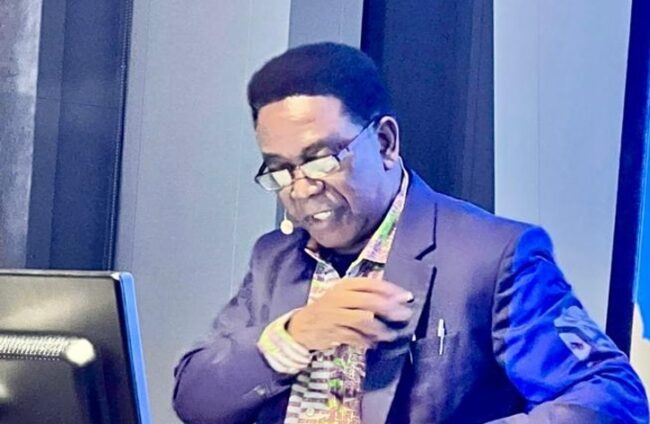The past week found me shivering in the freezing temperatures of Scotland, far above the cold on the Kwahu mountains, which is sometimes blamed for rapid population growth.
The cold in Aberdeen was harsher, hitting so hard you were compelled to frequently touch your ears to ensure they had not been nibbled by rodents. “Hello, my ears, are you still there?” I asked myself in Aberdeen.
But putting Ghana behind you in November 2024 may be for good reasons. The dreaded voting was three weeks away, and you may have joined large droves of Ogyakromians heading toward London with one-way tickets. With the rising election heat at home, what about a freezing cold experience elsewhere?
It was not surprising that the Accra to London flight BA 078 was jammed that Saturday night, with no empty seats, not even for lizards. Rather than steal glances at mammoth crowds in Kumbungu on social media, why not distance yourself from Ghana and tell your doctor your blood pressure returned to normal as soon as the flight touched down at Heathrow?
Besides intimidating crowds pulled by rival parties, the worst offenders are the so-called pollsters, who wake up hallucinating about lotto numbers but compel an entire Ashanti region to sleep on empty stomachs, only because they saw the face of Global Analytics on TV. How a single face on TV can induce a curfew in Ashanti is yet to be explained.
But my visit to Aberdeen had nothing to do with Global Analytics, whose critics hope the dreadful pollster does not apply for the position of Electoral Commissioner before December 7.
The University of Aberdeen, having heard of the noise made by Yours Truly, invited me to appear on the annual distinguished speaker platform of the Elphinstone Institute, to commemorate through a lecture the work of the great ballad scholar David Buchan, who established the Institute.
With my interest in language, rhetoric, and ethnography of communication, I decided on a theme I had quietly investigated since the HIV/AIDS outbreak of the mid-1980s, followed recently by COVID-19. The lecture attracted a wide variety of scholars from communication, folklore, language, and the medical sciences. It was also streamed live on Zoom and YouTube.

My one-week trip also enabled me to engage with graduate students and faculty of the Elphinstone Institute and meet the Principal of the University to explore future collaboration with Ghanaian universities. I ended this all with a meeting with Ghanaian students at the University of Aberdeen, discussing their progress, welfare, and life after graduation.
How else can I extend appreciation to the Elphinstone Institute for such a great honor and warm hospitality? Let me mention Nick Le Bigre, Frances Wilkins, and Allison Sharman of the Institute, as well as my Ghanaian pal Michael Okyere, who gave me all the support needed.
What a temporary escape from December 7!
My return flight from Heathrow to Accra was similarly packed. From various whispers and color codes encountered, I realized passengers had mostly arrived to cast their votes early on the morning of December 7.
They would then return to Europe with the next available flight, only to be surprised that December 7 had been the most peaceful day in Ghana’s electoral history.


